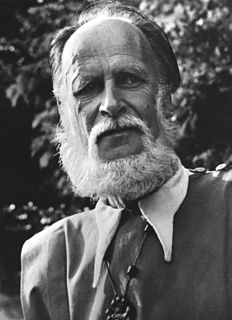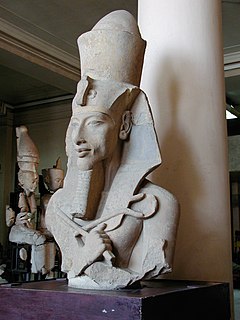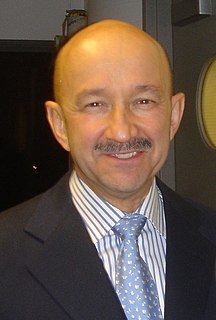A Quote by Ralph Waldo Trine
A miracle is nothing more nor less than this One who has come into a knowledge of his true identity, of his oneness with the allpervading Wisdom and Power, thus makes it possible for laws higher than the ordinary mind knows of to be revealed to him.
Related Quotes
WISDOM IS dependent upon knowledge. Where there is complete ignorance there can be no wisdom, no knowledge of the right thing to do. Man’s knowledge is comparatively limited and so his wisdom must be small, unless he can connect his mind with a knowledge greater than his own and draw from it, by inspiration, the wisdom that his own limitations deny him. Only God knows all truth; therefore only God can have Real wisdom or know the right thing to do at all times, and man can receive wisdom from God. Wisdom is obtained by reading the mind of God.
Remember. You are a physician. You are not a policeman nor are you a minister of religion. You must take people as they come. Remember, too that though you will generally know more about the condition than the patient, it is the patient who has the condition and this if nothing else bestows on him or her a kind of wisdom. You have the knowledge but that does not entitle you to be superior. Knowledge makes you the servant not the master.
It is not possible to engage in the direct apostolate without being a soul of prayer. We must be aware of oneness with Christ, as he was aware of oneness with his Father. Our activity is truly apostolic only insofar as we permit him to work in us and through us with his power, with his desire, with his love.
The contemporary artist...is not bound to a fully conceived, previsioned end. His mind is kept alert to in-process discovery and a working rapport is established between the artist and his creation. While it may be true, as Nathan Lyons stated, 'The eye and the camera see more than the mind knows,' is it not also conceivable that the mind knows more than the eye and the camera can see?
Slowly blossomed, slowly ripened in Siddhartha the realisation, the knowledge, what wisdom actually was, what the goal of his long search was. It was nothing but a readiness of the soul, an ability, a secret art, to think every moment, while living his life, the thought of oneness, to be able to feel and inhale the oneness.
The ordinary man is living a very abnormal life, because his values are upside down. Money is more important than meditation; logic is more important than love; mind is more important than heart; power over others is more important than power over one's own being. Mundane things are more important than finding some treasures which death cannot destroy.
A truly humble man is sensible of his natural distance from God; of his dependence on Him; of the insufficiency of his own power and wisdom; and that it is by God's power that he is upheld and provided for, and that he needs God's wisdom to lead and guide him, and His might to enable him to do what he ought to do for Him.
No man could bring himself to reveal his true character, and, above all, his true limitations as a citizen and a Christian, his true meannesses, his true imbecilities, to his friends, or even to his wife. Honest autobiography is therefore a contradiction in terms: the moment a man considers himself, even in petto, he tries to gild and fresco himself. Thus a man's wife, however realistic her view of him, always flatters him in the end, for the worst she sees in him is appreciably better, by the time she sees it, than what is actually there.


































